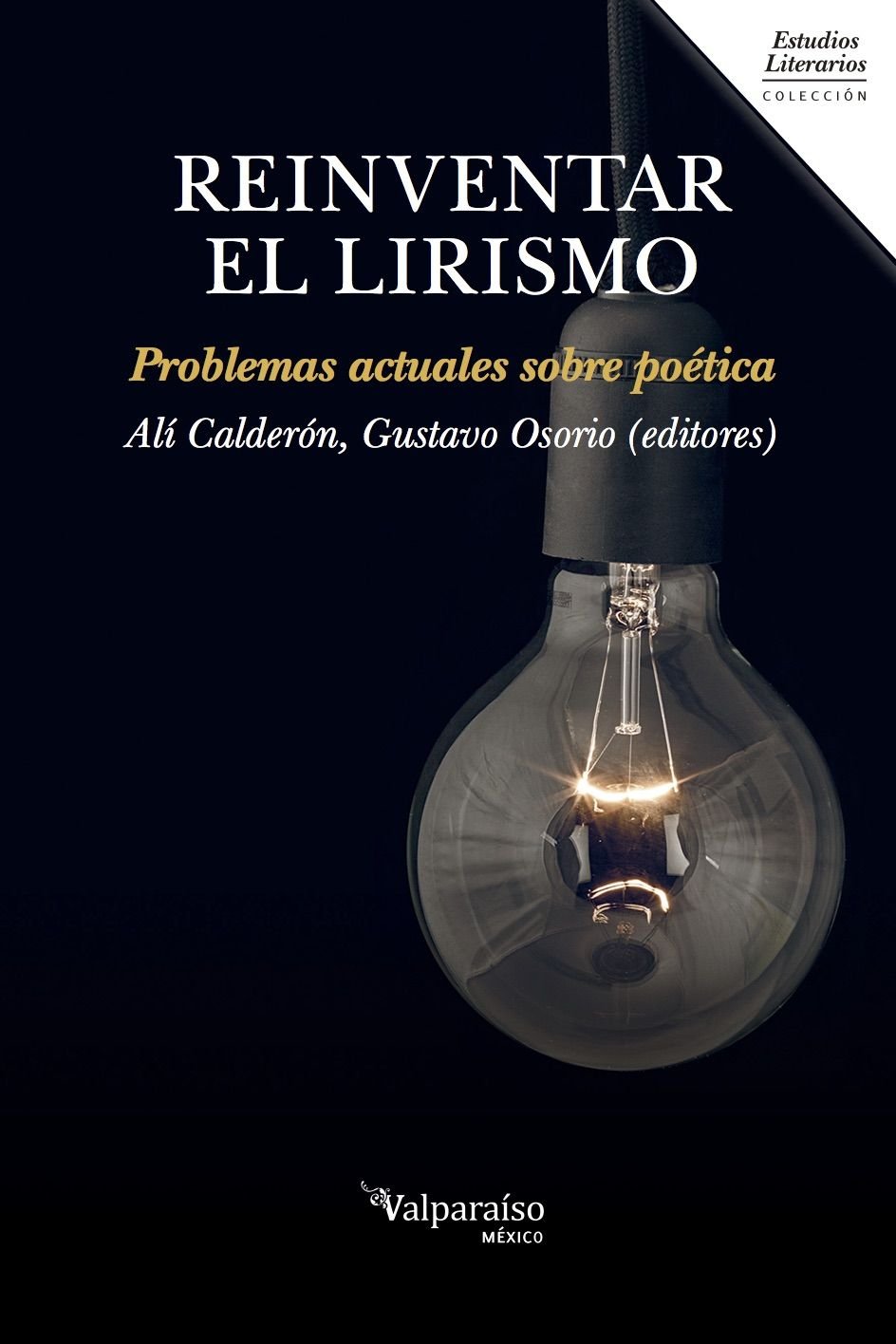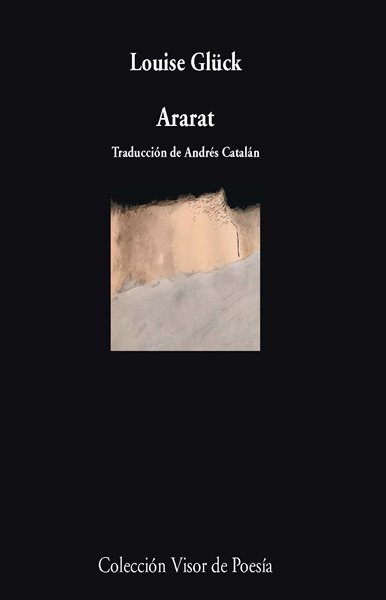El poeta norteamericano Charles Wright (Tennessee, 1935) mereció el Bollingen Prize. Algunos de sus títulos fundamentales son Country music, The world of the ten thousand things y Negative blue. El Bollingen Prize es uno de los Premios más prestigiosos de Estados Unidos. Presentamos uno de sus poemas en traducción de Valerie Mejer y E. M. Test.
DIÁLOGO BÁSICO
La transformación de los objetos en el espacio,
o de los objetos en el tiempo,
en objetos fuera de sí mismos, pero aún táctiles y precisos…
siempre es el mismo problema,
nada es más abstracto, más irreal,
que lo que de hecho vemos.
El oficio es hacerlo de otra manera.
Dos arbustos de Lilas del Sur muertos,
tulipanes de pétalos desplegados y tallados como cisnes,
todos los botones caídos de los árboles floreciendo: la nueva
pérdida
no es como la vieja pérdida;
la helada, una jubilosa revelación, una cosa artificial
enlazada y alzada por descripción pura hacia el otro mundo.
El olvido de sí mismo, información sagrada, codazo de Dios.
Creo que rondaré el limonero, espinas
filosas como los dientes de un ángel.
Creo
que voy a recostarme en la hierba, en las violetas púrpuras y blancas.
Creo que seguiré ahí tendido, un ojo tornado hacia el cielo.
Abril come de mis dedos,
mordisco de cornejo, pellizco de pino.
Ahora es el tiempo, Señor.
Sílabas regadas a través del pasto nuevo, en busca de sus palabras:
Qué Armagedones menores.
Al lado de las aguas del olvido,
yo me recuesto.
Charles Wright, professor emeritus of the english department’s Creative Writing Program in the University of Virginia’sCollege of Arts & Sciences, has won the 2013 Bollingen Prize for American Poetry. Wright taught at U.Va. for almost 30 years, retiring in 2011, and is one of America’s most celebrated poets.
The Bollingen Prize in American Poetry is among the most prestigious prizes given to American writers. Established by Paul Mellon in 1949, it is awarded biennially by the Yale University Library to an American poet for the best book published during the previous two years or for lifetime achievement in poetry. The prize includes a cash award of $150,000.
The judges awarded Wright the Bollingen Prize for his 2011 book, “Bye-and-Bye: Selected Late Poems,” describing it as “an extended meditation in which we sense ‘splinters of the divine’ in the phenomena and cyclic changes of the natural world, and in the elusive reaches of memory, myth, and history.”
“A poet of remarkable scope and ambition, Wright’s lyrics are like verbal scroll paintings, considering a vast landscape but exploring every aspect in exquisite detail, a stylistic combination that properly figures both the significance and insignificance of the human,” the three-member judging committee noted. “In poems that render the poignancy of moving time, the constancy of the landscape, and the mystery of the invisible, Wright binds the secular and the sacred in language charged with urgency and grace.”
While stationed in Italy during four years of service in the U.S. Army, Wright discovered the work of Ezra Pound and began to write poetry for the first time. His first collection of poems, “The Grave of the Right Hand,” was published in 1970.
Wright said he was delighted to have won the award. “I always fantasized about winning the Bollingen Prize because it’s the only prize Pound ever won,” he said.
Wright’s recent books include “Outtakes” (2010); “Sestets: Poems” (2009); “Littlefoot: A Poem” (2008); “Scar Tissue” (2007); “The Wrong End of the Rainbow” (2005); and “Buffalo Yoga” (2004). His two volumes of criticism are: “Halflife” (1988) and “Quarter Notes” (1995). He has translated the work of Italian poets Dino Campana and Eugenio Montale.
Wright, the Souder Family Professor Emeritus of English, has received numerous awards during his career, including the National Book Award, the PEN Translation Prize, the Ruth Lilly Poetry Prize, the Lenore Marshall Prize from the Academy of American Poets, the Pulitzer Prize, the National Book Critics Circle Award, the Griffin Prize, the American Book Award in Poetry, and the Los Angeles Times Book Award.
The Bollingen Prize has honored the literary accomplishments of poets whose work continues to be a force in shaping contemporary American letters. Early Bollingen Prize winners –Pound, Wallace Stevens, Marianne Moore and e.e. cummings – are widely considered writers whose work defined a new American literature of the 20th century. More recent winners – John Ashbery, Robert Creeley, Louise Glück, John Hollander, Gary Snyder, Jay Wright and Adrienne Rich – represent “exciting stylistic diversity in American writing,” note the prize organizers.
This year’s judges were poet Susan Howe; poet, critic and editor Geoffrey O’Brien; and literary scholar and cultural critic Joan Richardson.
After it’s over, after the last gaze has shut down,
Will I have become
The landscape I’ve looked at and walked through
Or the road that took me there
or the time it took to arrive?
— excerpt from “Sprung Narratives” by Charles Wright





